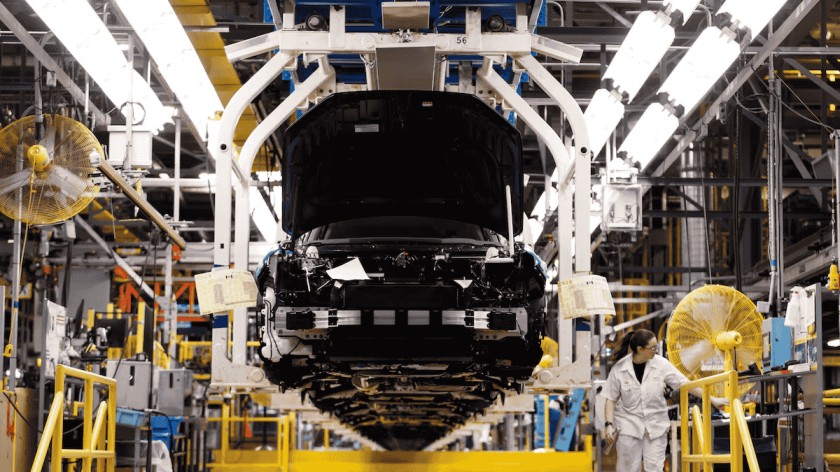Washington & Toronto – In a move set to shake up North America’s auto industry, U.S. President Donald Trump has confirmed that a 25% tariff on imported vehicles, including those from Canada, will take effect on April 2. The decision has sparked concern among auto manufacturers, trade experts, and government officials on both sides of the border.
What Are These Tariffs?
Under Trump’s new policy:
- A 25% tariff will be applied to all imported vehicles and auto parts.
- Vehicles produced under the USMCA (United States-Mexico-Canada Agreement) will be taxed based on their non-U.S. content.
- Additional tariffs on auto parts will be introduced later, also based on their non-U.S. content.
Trump insists the move is designed to boost American manufacturing and push automakers to build more vehicles in the U.S. However, the plan has been met with strong opposition from industry leaders who warn of higher prices, job losses, and economic instability.
The Impact on Canada’s Auto Industry
Canada’s auto manufacturing sector, which employs over 125,000 workers, is bracing for major disruptions:
- Ontario is home to manufacturing plants for Ford, General Motors, Stellantis, Honda, and Toyota, producing 1.6 million vehicles annually—the majority of which are exported to the U.S.
- The cost of Canadian-made vehicles will rise, making them less competitive in the U.S. market.
- The tariffs could force layoffs and production cuts, with ripple effects across supply chains and related industries.
What Canadian Leaders Are Saying
Ontario Premier Doug Ford slammed the announcement, calling it an “attack” on Canada’s economy. He warned that the tariffs would increase car prices for Americans and disrupt cross-border supply chains, potentially causing U.S. factory shutdowns.
Liberal Leader Mark Carney pledged a $2 billion fund to support the Canadian auto industry, while Conservative Leader Pierre Poilievre criticized Trump’s history of imposing and then reversing tariffs, calling for Canada to reduce its reliance on the U.S. market.
Industry Reactions: Fear of a Trade War
Automakers and business leaders have condemned the tariffs:
- Ford CEO James Farley warned the tariffs would “blow a hole” in the U.S. auto industry.
- Canadian Chamber of Commerce President Candace Laing predicted that the move would push jobs overseas and harm both Canadian and American workers.
- Brian Bryant, president of the International Association of Machinists and Aerospace Workers, called the decision “unjust” and harmful to both countries.
What’s Next?
With Trump’s April 2 deadline approaching, Canadian and U.S. officials are scrambling for solutions. Canada has already imposed retaliatory tariffs on $60 billion worth of U.S. goods, and further trade disputes could be on the horizon.
The long-term effects remain uncertain, but one thing is clear: Canada’s auto industry is facing a major challenge, and the coming months will be critical in shaping its future.

